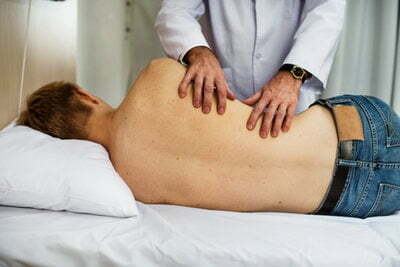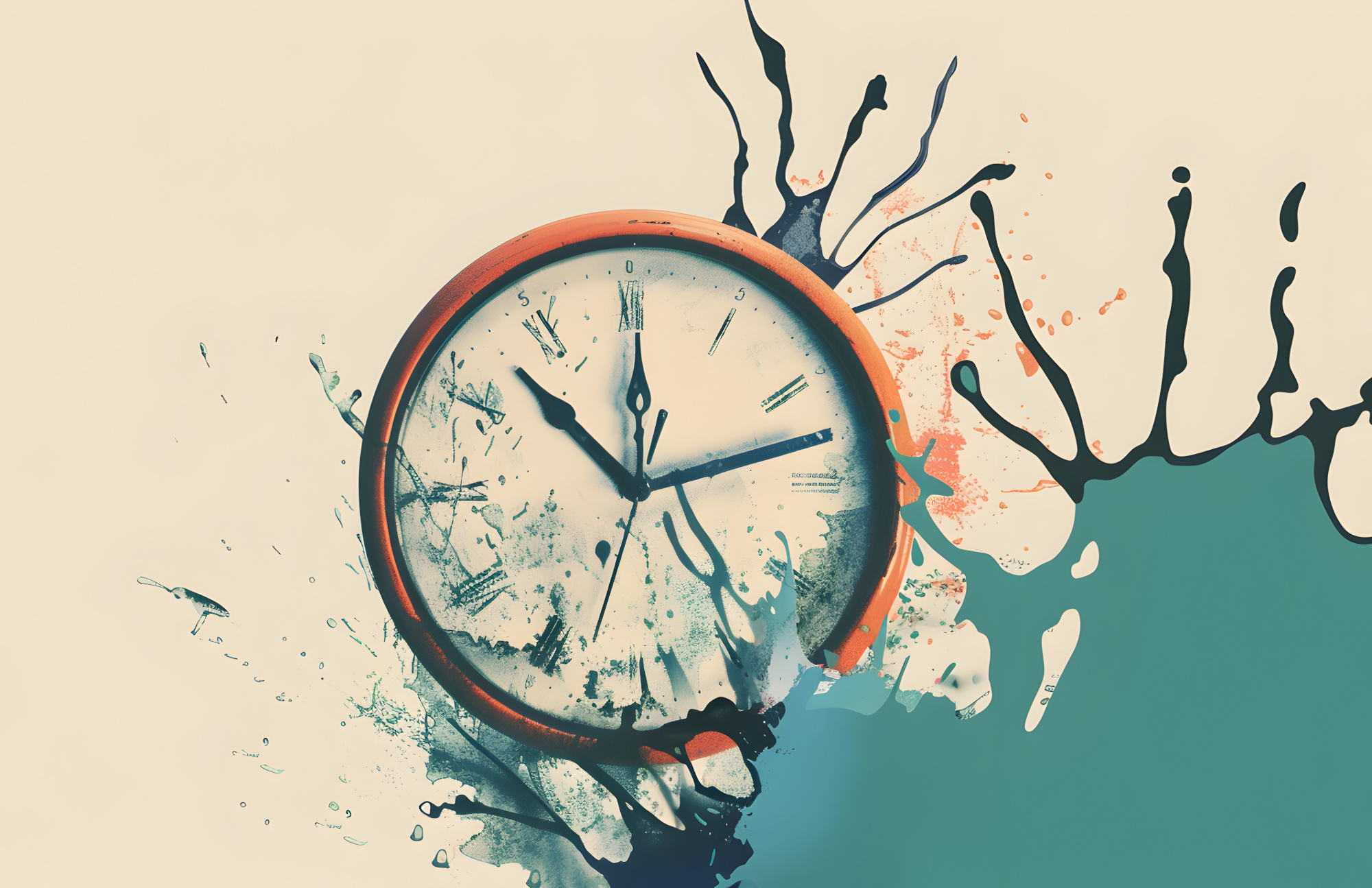Holistic treatment can have a far reach. It’s many therapies and practices have been utilized for thousands of years. From advanced therapies for drug rehabilitation to spiritual healing,
The meaning of the term “holistic” can carry an extensive amount of weight. The word means approaching care by treating the whole person; the sum of the parts is greater than the whole.
The benefits of holistic treatments outnumber its negative attributes. Holistic approaches can ease your reliance on substances. More importantly, these treatments can change your way of thinking.
When we put our whole selves first, we are treating every aspect of an ailment.
Holistic treatment is very personal. Finding a provider who understands you and your needs is a critical choice. On your road to recovery, you have many options.
There are many things you are thinking about; you have so many questions about your next steps.
Let’s help you focus on your goals and plans. Let’s find you a holistic care approach that works for you. Let’s weigh your options.
Ask yourself a series of questions to get the wheels in motion. You need to get the help you deserve.
What do I need in a Holistic Treatment Provider?
There are five fundamental aspects of a holistic health approach. Mental, social, emotional, physical, and spiritual. If you are looking for a holistic care experience, you’ll want your whole self to participate.
You should include all forms of yourself. Holistic health looks beyond the body to solve health issues. Holistic health addresses your physical health while considering emotional and spiritual health.
You’ve likely turned to addiction for a reason. (maybe even a few reasons) Let’s get to the bottom of why that is. It’s time to search for a rehabilitation center.
Look at different facilities and their offerings. Browse websites for lists of activities, amenities, and services. The best advice is to look for something that meets your needs and where you’d feel at home.
The road to recovery is paved with milestones; make sure the people you find can help you get there.
Why Am I Seeking Treatment?
It’s time you do a deep dive; have a conversation with your inner self. For many taking a look inward deep enough to strike the desire for recovery is major—an achievement in itself.
You were not happy, and you made a choice. Congratulations, you made it this far.
Now ask, what did I discover about myself that brought me to this juncture?
What pushed me far enough to want to control my addiction and what it is doing to my life? These are the reasons you chose recovery.
Whether it be your relationships, plans for the future, or anything in your life, all that matters is you are here now. Be present, get ready to put in the work.
Do I Want to Stay Home or Travel for My Rehabilitation?
Decide if traveling for therapy would be beneficial to you. Perhaps your relationships at home are enabling. Maybe you have some very toxic things happening in your life.
You may need a getaway.
Consider rehabilitation as a reset. If nature is something that centers, you consider rehabilitation services that embrace this. Many holistic therapy centers offer retreats in natural settings. Do some research.
Surrounding yourself with peace helps to center the mind. Quiet could help to ease the anxieties that cause you to abuse substances. People in recovery often have trigger points.
Think about if some time away may help you.
Read and research references and reviews for programs you are considering. Don’t be afraid to get information on the help you need. Find what suits you.
Is Spiritually Important to Your Recovery?
If you consider yourself to be a religious person, you should look for this in rehabilitation. Do you feel you are someone who will need spirituality as part of a successful recovery process?
The reverse is also true. If you are not a spiritual person and find a program focused on Christian values, you may find yourself having a difficult time. The plan you select needs to see things the way you do, spiritual and otherwise.
This factor can make or break a person in recovery. You want to make sure your values are the same as your program. Give yourself the most excellent chance to succeed.
What Type of Holistic Therapy Excites You?
It could be the relaxing effects of acupuncture. You’ve gotten a massage before. Perhaps, mindfulness has helped you with anxiety in the past.
Look at what type of therapy you’d like. Make this a touchstone of your treatment. You know yourself best.
If you think cognitive therapy could be beneficial to you, emphasize this. Look for facilities that support and offer treatment. You may have trauma that is holding you back.
Cognitive behavior is a large part of recovery for some; see if this includes you.
Does Your Treatment Need to Include Mental and Emotional Care?
Treating drug addiction requires a multifaceted approach. Many forms of psychotherapy and cognitive-behavioral techniques to help curb addiction among the most popular, Cognitive Behavioral Therapy.
CBT is an evidence-based practice. Therapy has been shown to have positive outcomes for people in recovery. This type of cognitive therapy; CBT.
The process transforms a patient’s thought process. CBT can help people to process emotions more intensely.
CBT helps introduce a more internal approach to processing emotions and actions more deeply. Patients can then see the results of their behaviors.
They can then realize the toll they may be taking on others in their life with their behavior.
In recovery, we need to see how our actions and behaviors can work together. In CBT, recovery means allowing the outside observer to have a space in the patient’s life.
CBT replaces a cyclical pattern damaging to the patient’s life.
CBT asks their bad behavior to take a seat. They are allowing the addictive thought patterns to be replaced with positive actions. This type of therapy is freeing. It will enable those in treatment to live life without disruptive thoughts.
What is an Inpatient Facility?
Inpatient is simply a term for hospitalization. If your care requires in-depth medical attention, you need inpatient care. Suppose you feel as though you are in danger.
If you are in severe physical or emotional distress, you may need to be in an inpatient facility.
If you feel as though you will hurt yourself or others, please seek help or call suicide prevention.
What is an Outpatient Facility?
An outpatient facility does not perform emergency services. Think of it like you are not a patient but a patron receiving care. Outpatient facilities are for people receiving treatments like cognitive therapy or breaking the cycle of addiction.
Get the Help You Need
First, gather all the information you’ve collected about the recovery programs.
You’ve found a few different wellness centers-weigh your options.
Choosing the right rehabilitation means that you will have to weigh all factors carefully. Recovery can vary widely, depending on what you choose and what you choose to make of it. Making a decision means that you will determine where you’d like to focus.
Make a selection based on the facility that most closely matches your care needs. You may not be able to find a facility that perfectly fits all of your preferences. Keep in mind; you will be able to find an excellent holistic treatment center.
We value your serenity. Value your recovery.
Your decisions now will help you get started on the path that leads to rehabilitation.







